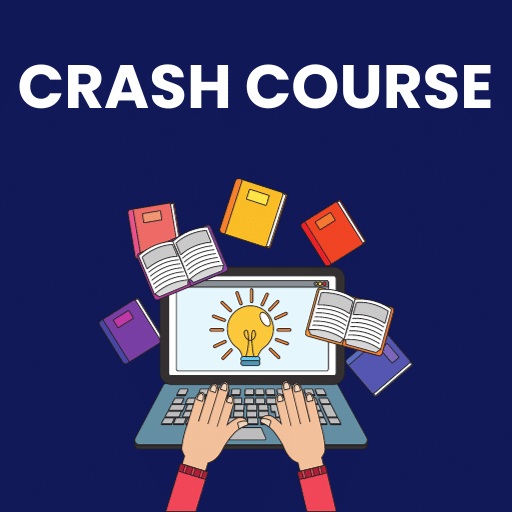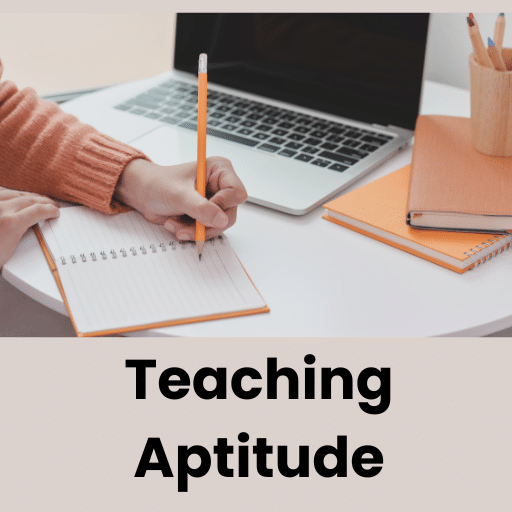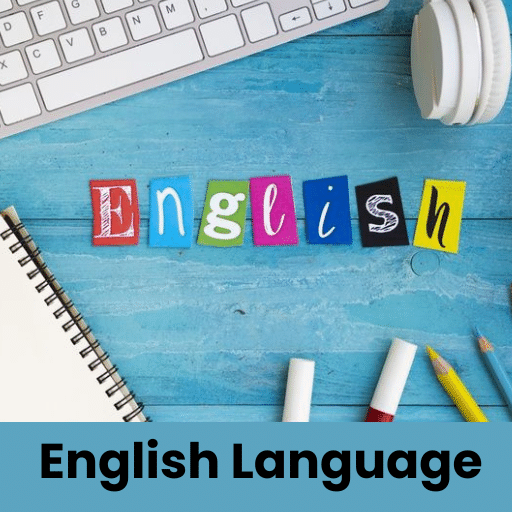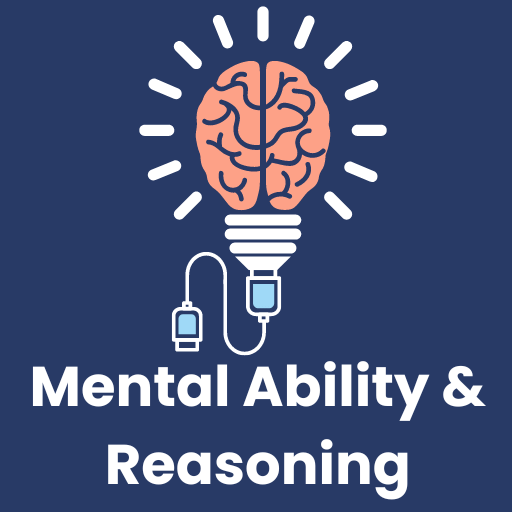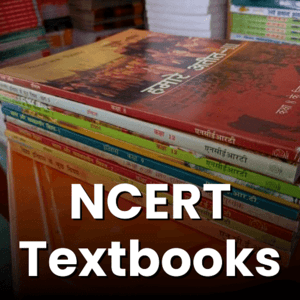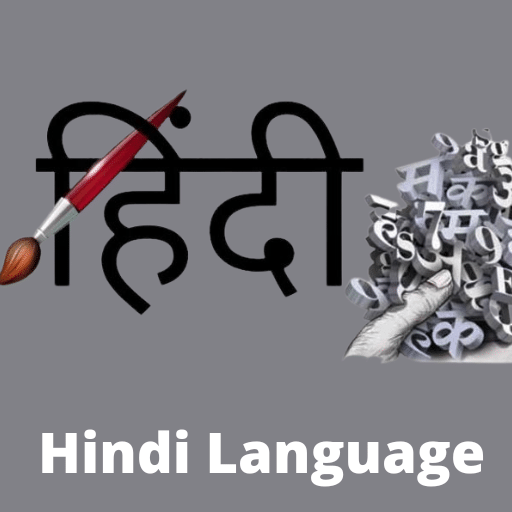B.Ed Entrance Exam preparation at EduRev
1. B.Ed Entrance Exam:
The B.Ed Entrance Exam is a crucial step for aspiring teachers to gain admission into B.Ed programs. This exam assesses the candidates' knowledge, aptitude, and teaching skills. It typically includes sections on general knowledge, reasoning, English language proficiency, and teaching aptitude. To excel in this exam, candidates should focus on thorough preparation, including studying previous years' question papers, practicing mock tests, and seeking guidance from coaching centers. Success in the B.Ed Entrance Exam opens doors to a fulfilling career in the field of education.
2. B.Ed Admission Process:
The B.Ed Admission Process involves several steps, starting with the announcement of application dates by universities or colleges. Interested candidates need to meet the eligibility criteria and submit their application forms, either online or offline, along with the required documents. After the submission deadline, the selection process begins, which may include an entrance exam, followed by a counseling session. The admission is granted based on the candidate's performance in the entrance exam and their academic background. It is essential for aspiring B.Ed students to stay updated with the admission process of their desired institutions to ensure a smooth application experience.
3. B.Ed Entrance Syllabus:
The B.Ed Entrance Syllabus encompasses various subjects and topics that candidates need to prepare for the entrance exam. It typically includes sections on general awareness, teaching aptitude, reasoning, English language proficiency, and subject-specific knowledge. Candidates should thoroughly go through the syllabus provided by the respective conducting bodies or institutions and create a study plan accordingly. Referring to previous years' question papers and seeking guidance from coaching centers can also help in understanding the weightage of different topics and preparing effectively.
4. Best B.Ed Colleges:
Choosing the Best B.Ed Colleges is crucial for aspiring teachers as it can significantly impact their career prospects. Factors to consider while selecting a college include accreditation, faculty expertise, infrastructure, placement opportunities, and overall reputation. Researching and comparing different colleges based on these factors can help candidates make an informed decision. It is advisable to visit the college campuses, interact with current students, and seek feedback from alumni to get a better understanding of the college's quality and suitability for individual preferences.
5. B.Ed Entrance Preparation Tips:
Preparing for the B.Ed Entrance Exam requires a strategic approach and consistent effort. Some effective preparation tips include creating a study schedule, understanding the exam pattern and syllabus, practicing mock tests and previous years' question papers, and seeking guidance from coaching centers or experienced teachers. It is also essential to stay updated with current affairs and developments in the field of education. Additionally, candidates should focus on improving their time management skills and maintaining a positive mindset throughout the preparation process.
6. B.Ed Entrance Eligibility Criteria:
The B.Ed Entrance Eligibility Criteria vary among institutions but generally include a minimum educational qualification of a bachelor's degree from a recognized university. Some institutions may require a specific percentage or grade in the qualifying degree. Additionally, age limits and reservation policies may also apply. Candidates should carefully read and understand the eligibility criteria provided by the respective institutions before applying for the entrance exam. Meeting the eligibility criteria is a prerequisite for appearing in the exam and gaining admission into B.Ed programs.
7. B.Ed Entrance Application Form:
The B.Ed Entrance Application Form is the first step towards applying for the entrance exam. Candidates need to fill out the form accurately, providing all the required personal and educational details. They must also upload scanned copies of necessary documents, such as educational certificates, photograph, and signature. It is crucial to double-check the information provided before submitting the form to avoid any errors or discrepancies. Candidates should also keep a copy of the submitted application form and payment receipt for future reference.
8. B.Ed Entrance Question Papers:
B.Ed Entrance Question Papers serve as valuable resources for candidates preparing for the entrance exam. These question papers provide insight into the exam pattern, difficulty level, and types of questions asked. Candidates should collect and thoroughly analyze previous years' question papers to identify recurring patterns and important topics. This practice helps in building familiarity with the exam format and boosts confidence. Additionally, solving question papers under timed conditions helps candidates improve their speed and accuracy, enhancing their overall performance in the entrance exam.
9. B.Ed Entrance Coaching Centers:
B.Ed Entrance Coaching Centers play a vital role in guiding and supporting candidates throughout their preparation journey. These centers provide expert faculty, study materials, mock tests, and personalized guidance to help candidates excel in the entrance exam. Joining a coaching center can provide a structured approach to preparation, regular practice sessions, and access to valuable resources. However, it is essential to choose a reputed coaching center with a track record of success and positive reviews from past students.
10. B.Ed Entrance Study Material:
Having the right B.Ed Entrance Study Material is crucial for effective preparation. Candidates should gather comprehensive study materials covering all the relevant subjects and topics mentioned in the syllabus. This may include textbooks, reference books, online resources, and study guides specifically designed for the B.Ed entrance exam. Additionally, candidates can also benefit from joining online learning platforms that provide curated study materials, video lectures, and practice questions. A well-rounded and diverse collection of study material enhances the understanding and retention of concepts, improving overall performance in the entrance exam.
11. B.Ed Entrance Dates:
Being aware of the B.Ed Entrance Dates is essential for candidates planning to appear in the entrance exam. The dates generally include the start and end of the application process, the release of admit cards, the entrance exam date, and the declaration of results. Candidates should regularly check the official websites of the respective institutions or conducting bodies to stay updated with the exam schedule. It is advisable to mark the important dates on a calendar or set reminders to ensure timely completion of all application and preparation-related tasks.
12. B.Ed Entrance Online Registration:
B.Ed Entrance Online Registration is a convenient and time-saving method for candidates to apply for the entrance exam. The online registration process usually involves filling out an application form on the official website of the respective institution or conducting body. Candidates need to provide accurate personal and educational details, upload the required documents, and pay the application fee online. It is essential to carefully follow the instructions provided and double-check all the information before submitting the registration form. Candidates should also keep a copy of the registration confirmation for future reference.
13. B.Ed Entrance Result:
The B.Ed Entrance Result is eagerly awaited by candidates as it determines their eligibility for admission into B.Ed programs. The result is usually declared online on the official website of the respective institution or conducting body. Candidates can check their individual result by entering their roll number or application number. The result may also include the overall score, section-wise marks, and rank obtained by the candidate. It is advisable to download and print the result for future reference. Successful candidates should keep the result handy during the counseling and admission process.
14. B.Ed Entrance Counseling:
B.Ed Entrance Counseling is a crucial step after the declaration of the entrance exam results. The counseling process involves document verification, seat allocation, and guidance regarding the choice of college or specialization. Candidates are required to attend counseling sessions in person or online as per the instructions provided by the respective institutions. During counseling, candidates are allotted seats based on their rank and preferences. It is essential to carry all the necessary documents, such as educational certificates, identity proof, and counseling fee receipt, for smooth and hassle-free counseling.
15. B.Ed Entrance Cut-off Marks:
B.Ed Entrance Cut-off Marks refer to the minimum marks required for candidates to be eligible for admission into B.Ed programs. The cut-off marks vary among institutions and are determined based on factors like the number of applicants, the difficulty level of the entrance exam, and the availability of seats. Candidates who score above the cut-off marks are usually called for counseling and seat allocation. It is essential to have an understanding of the previous years' cut-off marks to set realistic expectations and plan the application and preparation strategy accordingly.
Additional Information about B.Ed Entrance Preparation
B.Ed Entrance Exam Pattern 2025-2026
To start your B.Ed Entrance exam preparation, it is essential to understand the exam pattern.
The B.Ed Entrance exam pattern will help candidates to understand the structure of the B.Ed Entrance Exam question paper and marking scheme.
Students can find the complete detailed explanation of the B.Ed Entrance Exam pattern on EduRev.
It includes details about the exam date, syllabus, language, question paper, and paper analysis.
B.Ed Entrance Syllabus 2025-2026 PDF Download
Access the comprehensive B.Ed Entrance Syllabus for 2025-2026 in PDF format with EduRev.
This valuable resource provides the detailed subject syllabus, exam pattern, and language information for efficient exam preparation.
Students can download and study the syllabus, along with study materials, notes, and recommended best books available on EduRev.
Enhance your preparation with mock tests, sample papers, and question papers for paper analysis.
Additionally, Toppers' notes and coaching assistance are at your disposal to excel in the B.Ed Entrance exam.
Achieve outstanding results and boost your confidence with EduRev's curated videos and preparation tips.
B.Ed Entrance Books
Prepare for the B.Ed Entrance exam with the best books available on EduRev. These books cover the entire syllabus and exam pattern,
ensuring comprehensive preparation. students can access study material, sample papers, and subject-specific notes to enhance their understanding.
EduRev offers coaching support and paper analysis to sharpen exam skills. With mock tests and question papers,
students can practice effectively and gain confidence. Stay updated with the exam date and language requirements for a smooth experience.
Toppers' notes are an additional resource for valuable insights. EduRev's official website provides access to all these resources,
helping you excel in the B.Ed Entrance exam effortlessly.
B.Ed Entrance Study Material and Notes PDF Download
Prepare for the upcoming B.Ed Entrance exam with EduRev's Study Material and Notes in PDF format.
Access a comprehensive collection of subject-specific study materials and notes to cover the entire syllabus.
These resources are designed to aid your preparation, ensuring a thorough understanding of the exam pattern, language, and syllabus.
Boost your confidence with practice papers and question papers for paper analysis. EduRev offers coaching support and toppers' notes to excel in the B.Ed Entrance exam.
Download the study material and notes from EduRev's official website and embark on a successful preparation journey.
B.Ed Entrance Previous Year Papers
B.Ed Entrance Previous Year Papers by EduRev provide valuable resources for exam preparation.
Access question papers, paper analysis, and practice papers to understand the exam pattern and syllabus thoroughly.
Enhance your preparation with best books, study materials, and toppers' notes.
Stay updated with the latest exam date and official website information. Utilize mock tests and sample papers to practice in the exam language.
Boost your performance with insightful preparation tips and coaching videos.
Ace the B.Ed Entrance exam confidently with EduRev's comprehensive study material and expert guidance. Prepare effectively and excel in your upcoming exam.
Important Questions for B.Ed Entrance
Get ready to ace the B.Ed Entrance exam with a focus on important questions.
These questions give valuable insights into the exam's format and difficulty, helping you gauge your readiness.
Access various question papers, including sample papers, previous years, and mock tests, to understand the exam's scope.
Analyze these questions to identify patterns and essential topics. Strengthen your knowledge with study material and notes.
EduRev provides an extensive collection of important questions to support your preparation and boost your chances of achieving outstanding results.




![Grid View]()
![List View]()


 (150K+ ratings)
(150K+ ratings)
![]() (150K+ ratings)
(150K+ ratings)
 (150K+ ratings)
(150K+ ratings)














